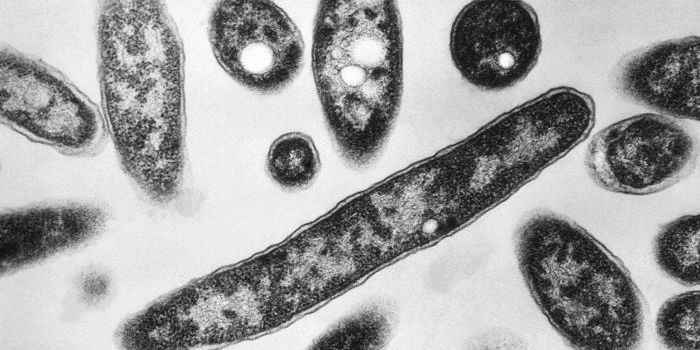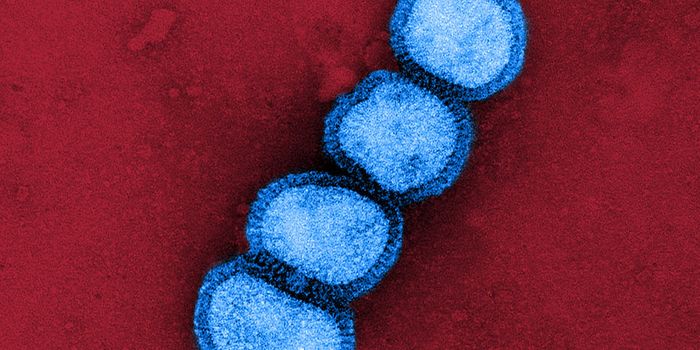The Flu Vaccine Will Not Increase the Risk of COVID-19
Scientists and clinicians want people to get their flu shots this year. And now, a new study by researchers at the Cleveland Clinic has shown that the influenza vaccine will not raise the chance that a person will get sick with COVID-19, nor will it make any associated illness or mortality worse. The findings have been reported in the Journal of Clinical and Translational Science.
The flu vaccine is still important if people want to stay healthy this year. Flu vaccines do not only lower the chance that a person will get sick if they are exposed to the influenza virus, but they will also reduce the severity of illness if a person does contract the flu virus and get sick. This year, it's best for everyone if we avoid a severe flu season on top of the ongoing COVID-19 pandemic.
"Our findings suggest that we should proceed as usual with our vaccination strategy for global influenza this flu season," said Dr. Joe Zein, M.D., a pulmonologist at Cleveland Clinic. "Getting the annual flu vaccine remains the best safeguard against the influenza virus, both for yourself and the people around you."
In this work, researchers assessed over 13,000 patients that were tested for COVID-19 this year at Cleveland Clinic from early March through mid-April. Of those, 4,138 people had gotten unadjuvanted influenza vaccines in the fall or winter of 2019, while 9,082 had not received the flu vaccine last season. The researchers determined that receiving the flu vaccine was not linked to an increased risk of getting sick with COVID-19, being hospitalized for COVID-19, ending up in the intensive care ward, or dying from COVID-19.
Since the flu season was coming to an end as the pandemic started ramping up earlier this year, there is still a lot we don't know about how these viruses may affect one another if a person gets infected with both viruses at the same time. Scientists and clinicians are hopeful that widespread acceptance of a flu vaccine could reduce the burden on the healthcare system this year.
"We have already seen the stress that COVID-19 can put on our hospitals and resources," said Dr. Zein. "While we're not yet sure how flu season will affect COVID-19 susceptibility and infections, we strongly advise people to get their influenza vaccines, both for their individual health and the collective health of our care systems."
Sources: AAAS/Eurekalert! via Cleveland Clinic, Journal of Clinical and Translational Science









